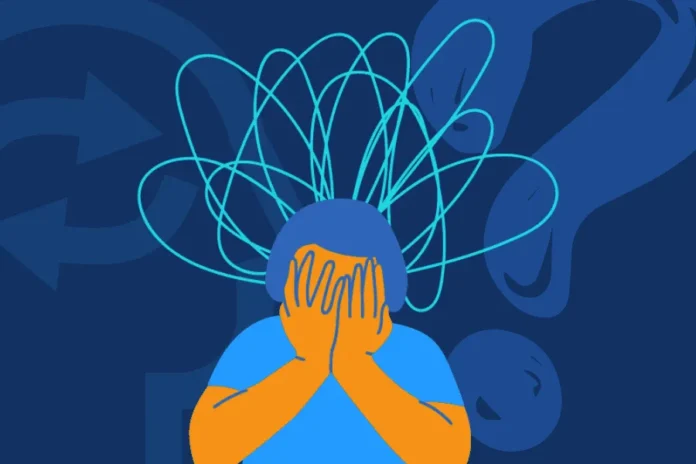What is Dementia? Dementia is not a single disease, but rather a collection of symptoms that affect memory, thinking, and social abilities severely enough to interfere with daily life. While memory loss is a common sign, dementia involves much more than forgetfulness. The condition can affect how a person communicates, reasons, and behaves.
Early Signs and Symptoms
Changes in cognitive function often appear gradually. Family members might notice their loved one having difficulty with familiar tasks, getting lost in familiar places, or struggling to find the right words. They may misplace items more frequently or show poor judgment in financial decisions. Mood changes, including anxiety, depression, or irritability, can also be early indicators of dementia.
Types of Care Available
When caring for someone, families have several options for residents with dementia to consider. In-home care allows the person to remain in familiar surroundings while receiving professional support. Adult day centers provide structured activities and supervision during daytime hours, giving primary caregivers a much-needed break. Assisted living facilities with memory care units offer specialized environments designed specifically for people with dementia, including secured areas to prevent wandering and staff trained in dementia care.
Creating a Safe Living Environment
Making modifications to the living space can help someone with dementia maintain independence while staying safe. Remove trip hazards like loose rugs and clutter from walkways. Install handrails in bathrooms and halls, and ensure good lighting throughout the home. Label cabinets and drawers with simple pictures or words to help your loved one find items. Consider installing safety devices like automatic shut-off switches on appliances and locks on potentially dangerous items.
Daily Activities and Routines
Maintaining a consistent daily schedule can help reduce confusion and anxiety. Plan activities during times when your loved one is most alert and energetic. Include meaningful tasks matching their abilities and interests, such as folding laundry, viewing photo albums, or working in a supervised garden. Simple exercise like walking can help maintain physical health and may improve sleep patterns.
Managing Behavioral Changes
People with dementia often experience changes in their behavior that can be challenging for caregivers. Here are important strategies to help manage these changes:
- Behavioral changes are often triggered by specific events or circumstances. Keep a log of when difficult behaviors occur to help identify patterns. For example, agitation might increase during evening hours (known as sundowning) or in crowded, noisy environments.
- When faced with challenging behaviors, try to remain calm and speak in a gentle, reassuring tone. Remember that the person isn’t acting this way on purpose – their behavior results from changes in their brain.
- If someone becomes agitated or aggressive, give them space and time to calm down. Avoid arguing or trying to reason with them, as this often increases frustration. Instead, try redirecting their attention to a different activity they enjoy.
- For wandering behavior, ensure the environment is secure while still allowing safe movement. Consider installing door alarms or enrolling in a wandering response service. Creating a safe walking path inside or in a secured outdoor area can help satisfy the urge to move around.
Support for Family Caregivers
Caring for someone with dementia can be physically and emotionally exhausting. Join a support group to connect with others facing similar challenges. Accept help from family members and friends. Look into respite care services to prevent burnout. Remember that taking care of yourself is crucial for providing the best care to your loved one.
When to Seek Additional Help
Watch for signs that more support is needed, such as increased safety concerns, caregiver exhaustion, or the person requiring round-the-clock supervision. Consider consulting with healthcare providers, social workers, or geriatric care managers who can help evaluate the situation and recommend appropriate resources. Remember that asking for help is not a sign of failure but a responsible step in ensuring the best care for your loved one.


